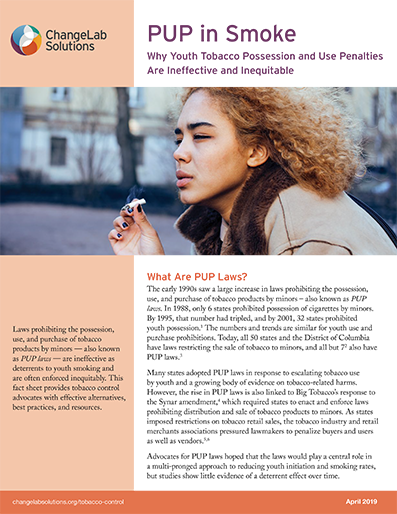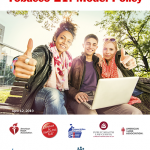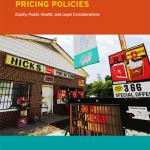PUP in Smoke
Why youth tobacco possession & use penalties are ineffective & inequitable
Do laws that prohibit youth purchase, use, and possession of tobacco products (PUP laws) reduce smoking rates and improve health?
Our new fact sheet on PUP laws demonstrates that these measures are ineffective and often inequitably enforced against youth from underserved communities, particularly youth of color. Instead of holding Big Tobacco accountable for their pernicious targeting and predatory marketing, PUP laws punish youth who may be addicted to tobacco.
Between 1988 and 2019, the number of states with youth PUP laws increased from 6 to 43. The proliferation of these laws is linked to Big Tobacco’s response to laws prohibiting the sale of tobacco products to minors. The tobacco industry successfully pressured lawmakers to penalize youth for buying, posessing, and using tobacco as well as vendors for selling tobacco to minors.
ChangeLab Solutions developed this resource for public health advocates, tobacco control professionals, and other policymakers who are evaluating the equity implications of PUP laws.







